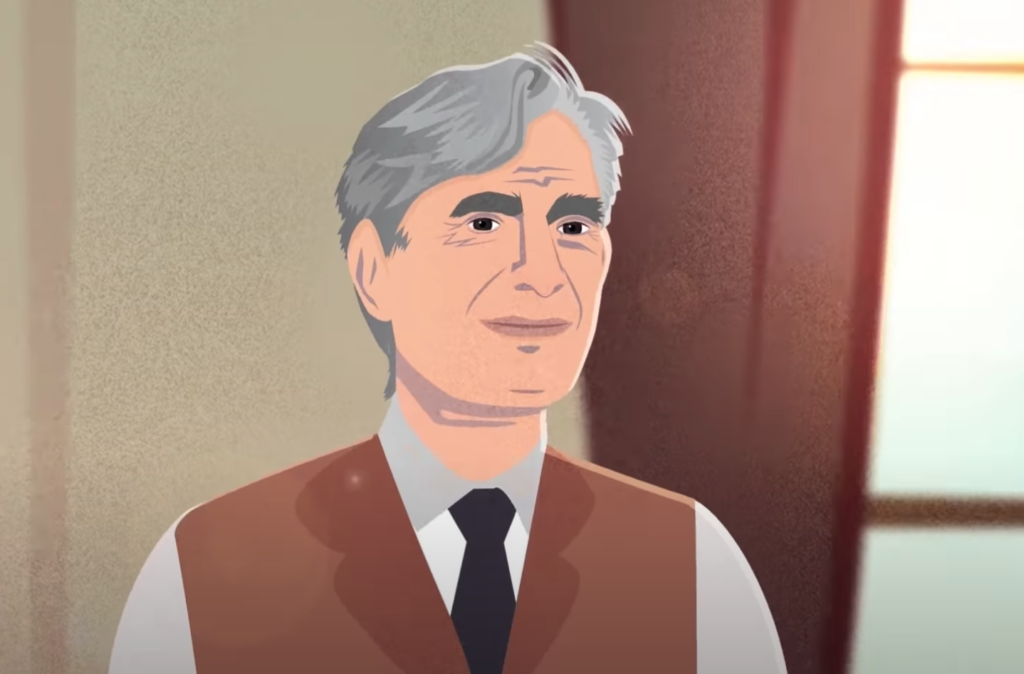Three Kinds of Argument on Family Structure
Ralph Lewis, a gay father raising kids conceived through egg donation and surrogacy, notes a troubling feature of arguments against nontraditional methods of family formation such as donor conception:
…The second is [a NYT writer’s] confrontation of what can be one of the hidden sub-texts of IVF, that “more perfect” babies are not only potentially attainable, but preferable to have. (The elephant in the room, she says, is what that says about/to babies who do not match up to that standard.) Oddly, this assertion of IVF segues well with the philosophy of those who oppose gamete donation and surrogacy; namely, that if it is demonstrably better for a baby to be born naturally to its two married biological parents, then any other means of having children are not only inferior, but, to the extent possible, should also be disallowed. The perfection culture offered and embraced by some uses of IVF is thus bound up with the drive to preserve conception for those in intact heterosexual marriages.
I think Lewis is noticing the way almost everyone who writes about family structure ends up shifting freely among (if we’re being charitable) or conflating (if we’re not) three very different types of argument. In general we rely way too much on social science, and act as if social science can resolve our moral questions. I think separating out these three kinds of argument can help clarify why social science can’t “win” the debate on family structure.
The three arguments answer three different questions.
1. What do I need to know to do this well?
So for example, if you learn about the problems boys get into when they grow up in fragmented families, you may resolve to make sure your son has a father figure in his life. If you’re adopting from overseas you may read the accounts of people raised in similar situations and learn from their experience how to address your child’s sense of cultural alienation, answer the child’s questions as well as questions from strangers, etc.
2. Should I do this at all?
This is a vocation question, requiring both self-knowledge and knowledge of the family structure you’re contemplating and its issues. You may begin IVF, for example, and then discern that you are starting to envision yourself with a “perfect” family. Let’s just have our one good child and then things will be okay. This may lead you to realize that you’re placing a terrible burden on that child, and that you’re not ready for this kind of intentional parenthood because you have not yet learned the relinquishing of control which is close to the heart of parenting.
3. Should anyone do this at all?
This is a moral, philosophical question.
It can’t be resolved simply by pointing to difficulties children face in nontraditional family structures, unless you’re also willing to say that nobody “should” bear a child into poverty, or a child with a disability. Lots of situations make a child’s life harder. Not all of them mean that we should avoid having a child at all if our children will face these tough situations. We don’t owe our children perfection.
In practice, we shift between these kinds of arguments for many good reasons. Prudence may lead us to conclude that forming a family in certain ways is so hard to do “well” that we should avoid it overall. For example, E.J. Graff has suggested a guideline for those seeking to adopt from overseas: “If you can get a healthy infant or toddler within a year, don’t adopt from that country.” That’s a pretty restrictive rule based on her prudential judgment about the dangers of international adoption.
And social science can help point us in a moral direction. You might read “My Daddy’s Name Is Donor” and conclude that donor conception really does sound way too much like creating a family which is broken, fragmented, from the start, and that’s not something one should do intentionally. But, as Julie Shapiro wryly notes, “We’ve All Got Studies.” Our responses to these studies are colored by our prudential judgment about what we see as the most likely or viable alternatives to the status quo (does Jason DeParle’s NYT piece about the economic difficulties of single motherhood mean that we should work to make single motherhood less common, or that we should work to make it easier?) as well as our underlying moral beliefs.
Social science in many ways depends on moral philosophy. In deciding how to measure causation and what to control for you’re making judgments about which causal mechanisms you are willing to consider and which situations you consider equivalent. By acting as if social science can replace moral philosophy we’re not only being weirdly blithe about the philosophical work which goes into constructing a good study. We’re also placing way too much cultural and political pressure on social scientists. And we can, as Ralph Lewis notes, make it sound like we’re taking on a philosophical stance we should abhor: that there’s no such thing as good-enough parenting.
